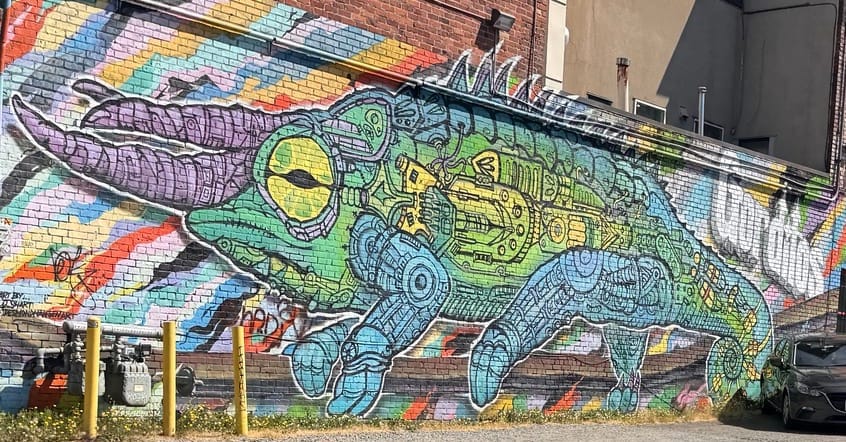
Yesterday I was in West Seattle kickin it with my other mother.
We had a big car wander yesterday, visited an espresso machine museum, drank some green drinks, tried to navigate without maps, got lost, got in a fight over driving, and met a dog in a bag and her family from Hawaii.
Then we came back to the place my other mother has in West Seattle, down a hill and overlooking the water. We sat on the porch, and talked for several hours about old family shit.
She's on a growth path too, and it's lovely to see. She's about to give up this place and go to Italy to work more closely with her manufacturer, and in her 70s she's absorbing new information about herself and her life. You gotta acknowledge the blood.
I'm moving on this afternoon to my next family visit, then 3 more after that on this trip. I'm seeing all my people, who mostly aren't people with each other. So it's a toe into a lot of different and very familiar worlds.
This time with her is really precious.
Everything is relaxed and joyful, but I keep having these little windows of time with people that I care about, witnessing chapters of their lives right as they come to an end.
I wonder about this for myself...
the way that things in my life have a way of ending abruptly...
I wonder how many more days I've got on earth
and in NYC.
Not being a fatalist.
I've always assumed I'll someday look exactly like Milan Kundera in his author photo on the back of Unbearable Lightness.
But things are coming to a point in the United States
a kind of stick or twist
where we might bring down the clowns
or torture and tyranny might expand rapidly.
We gotta be ready to slip out the gate
before it closes tight.
Or maybe there's a slim chance
we might come together in a post-propaganda environment.
But I'm convinced we won't get anywhere until we understand this little fact:
Civilization is a caloric surplus.
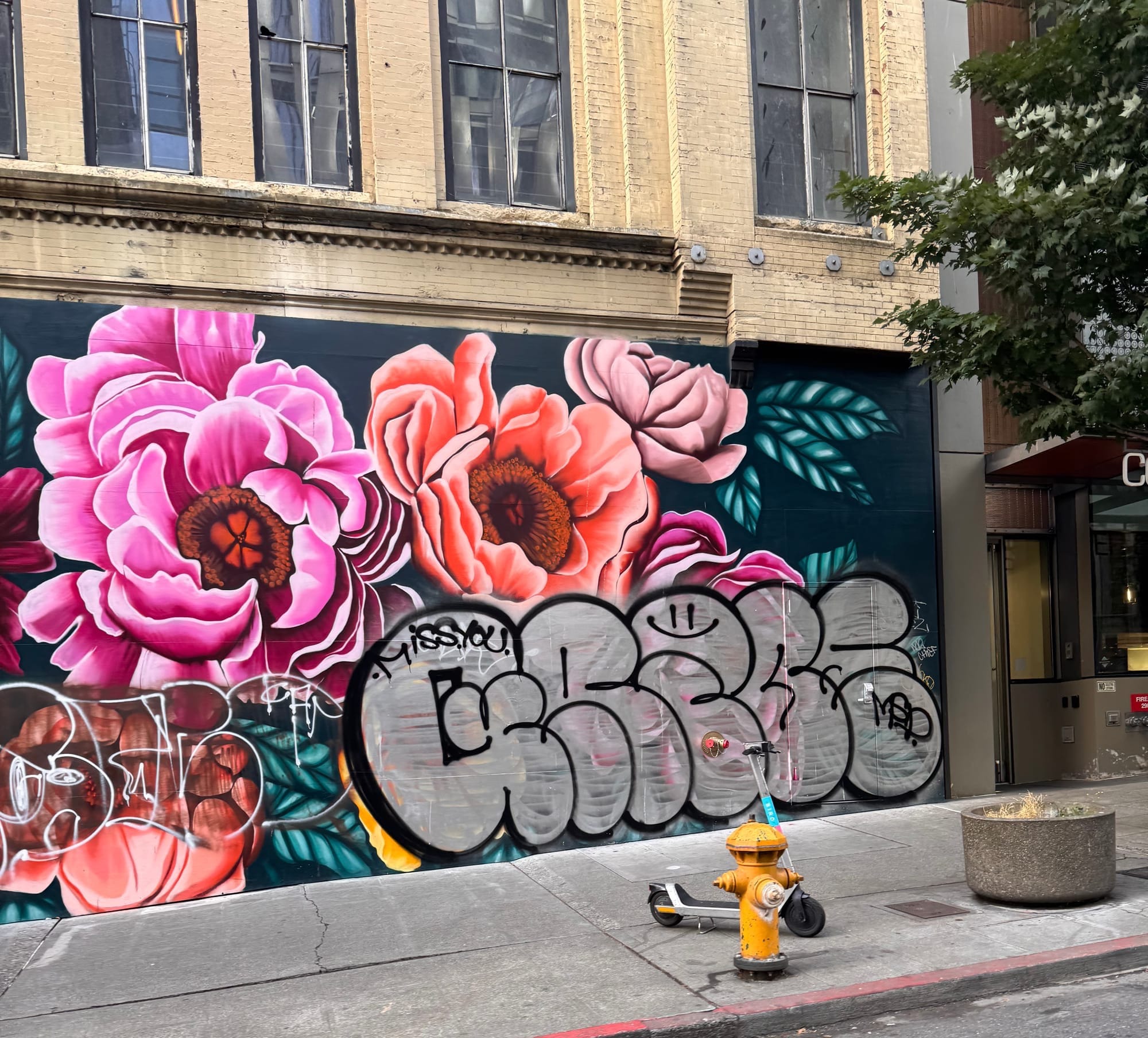
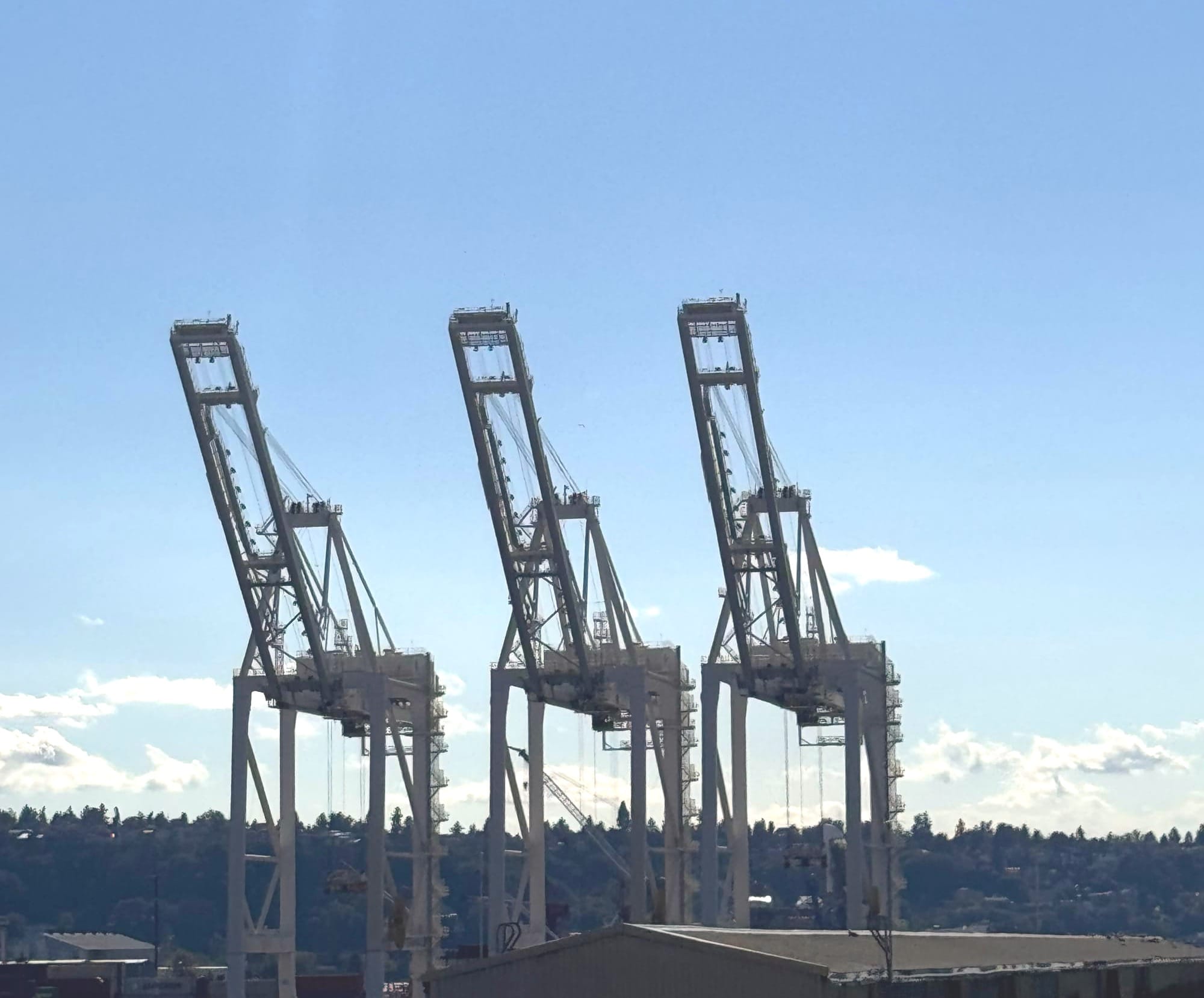
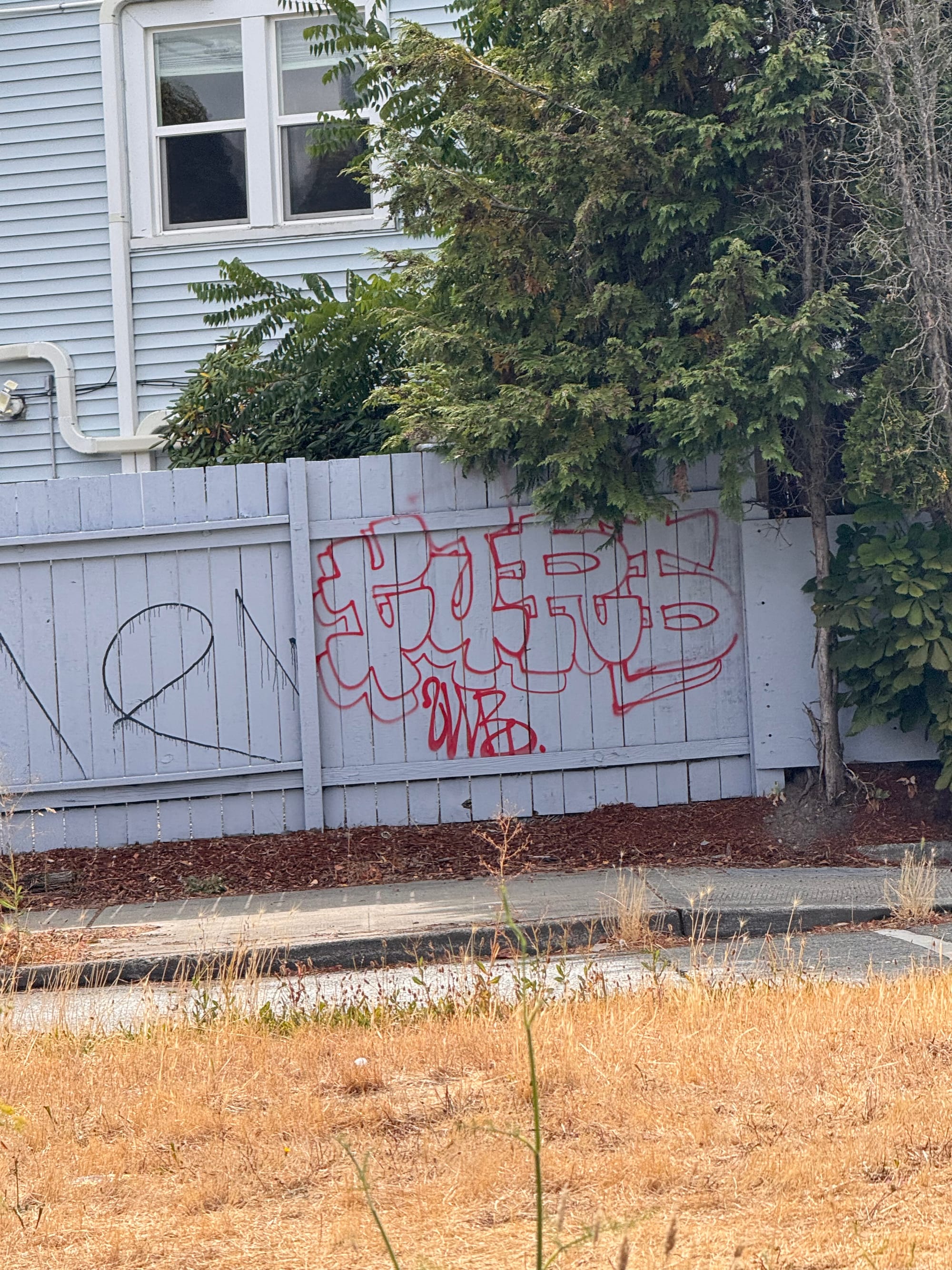
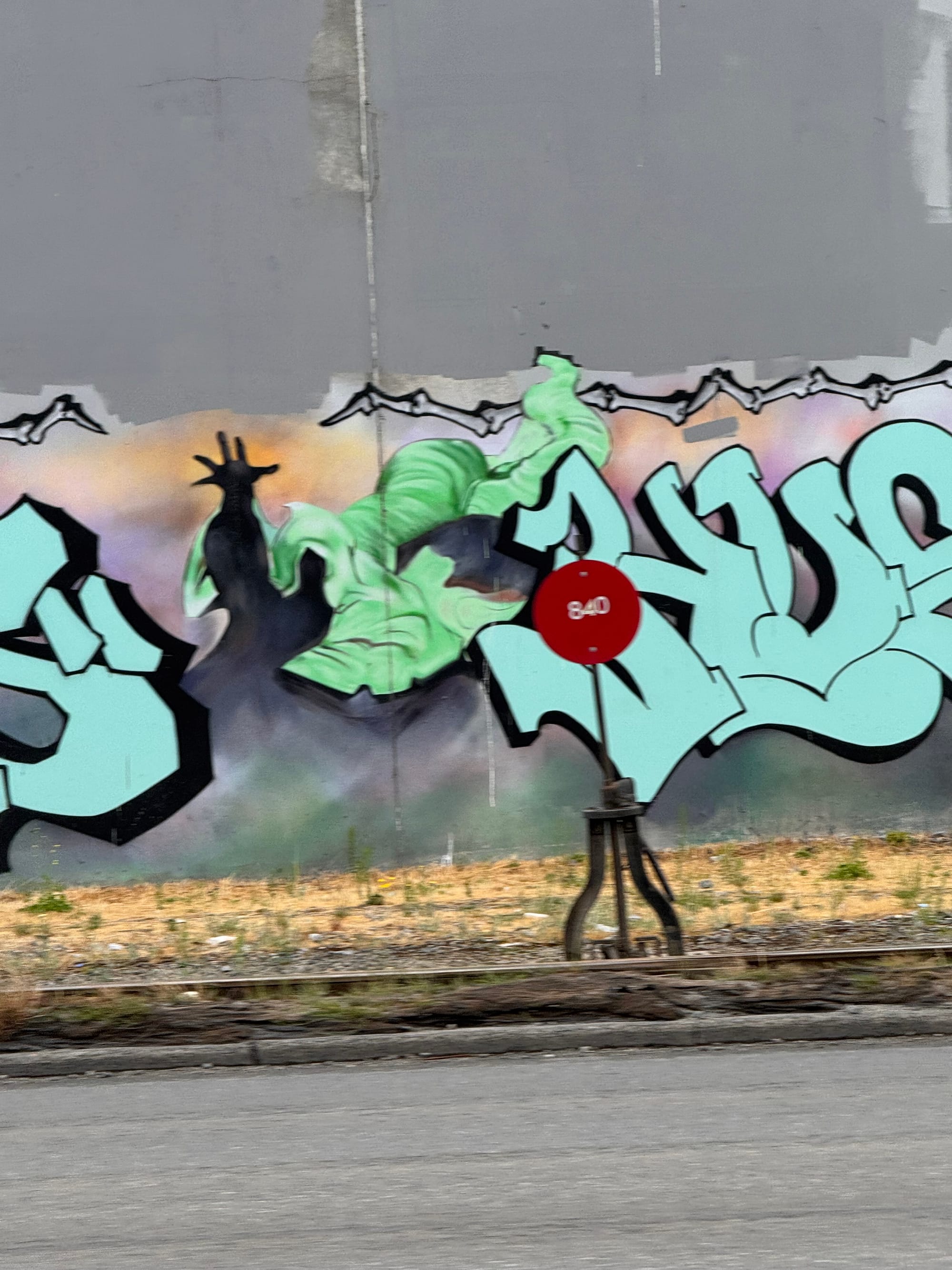
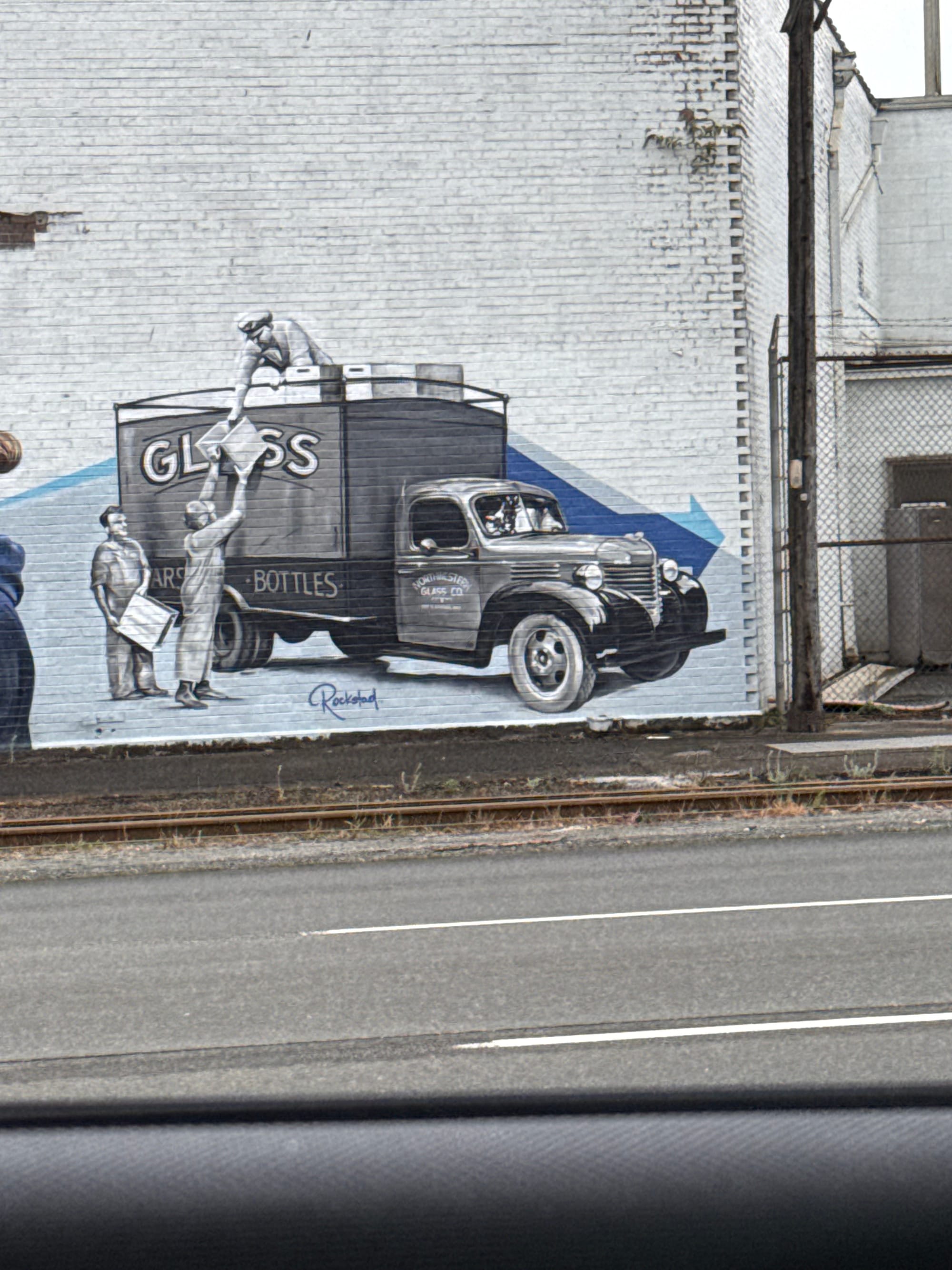
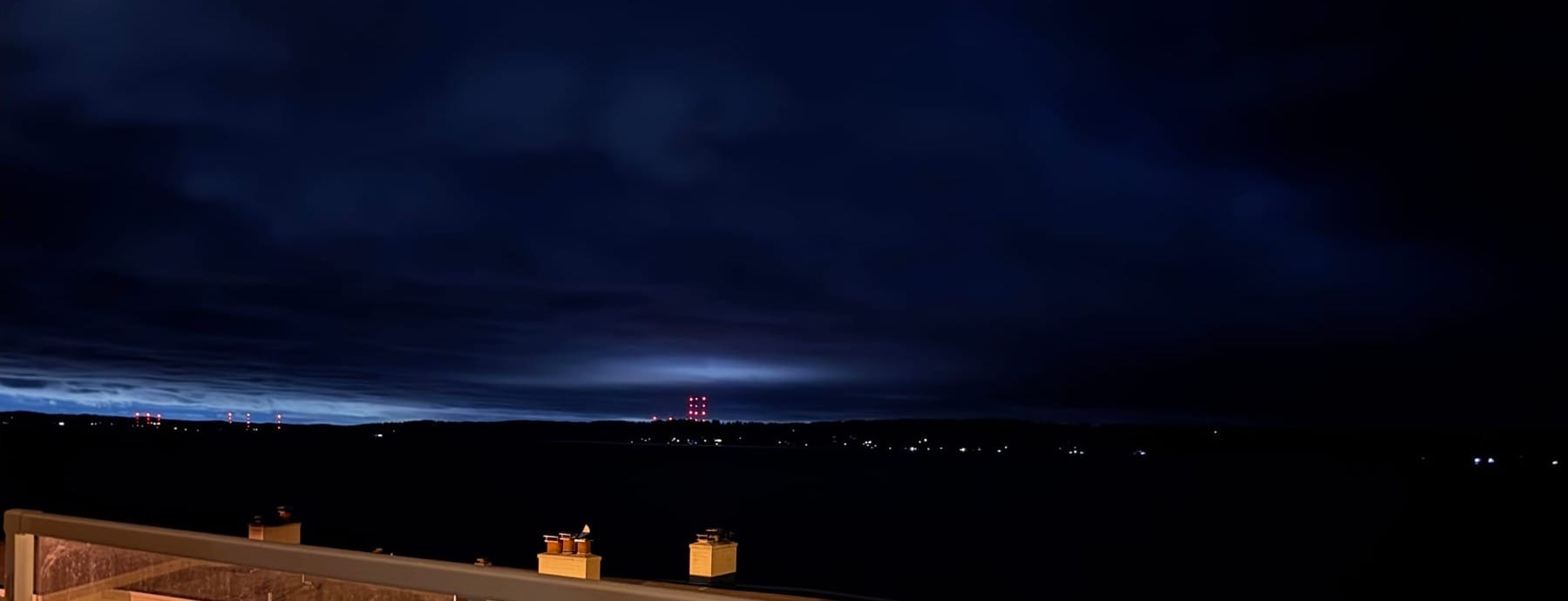
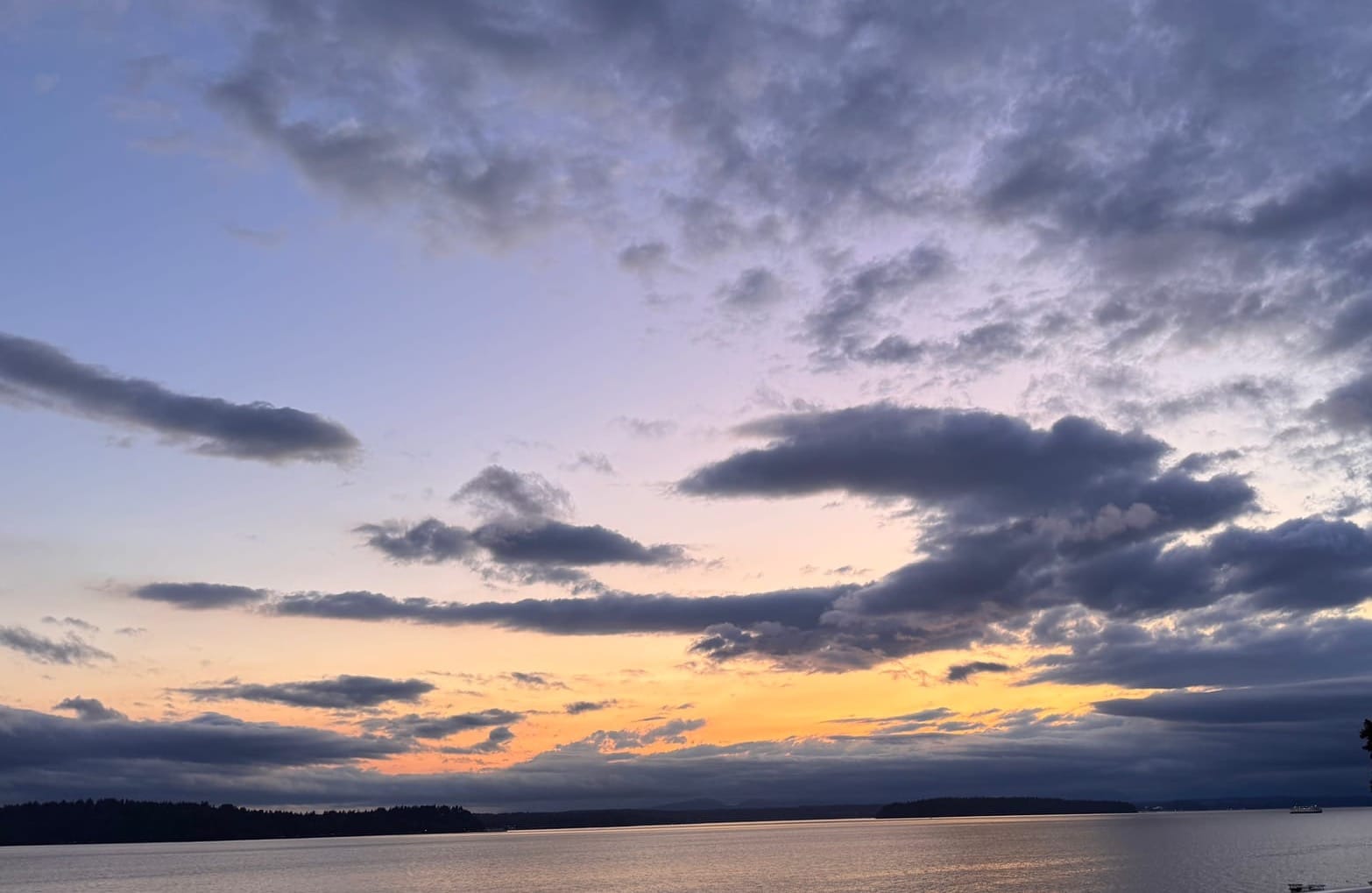
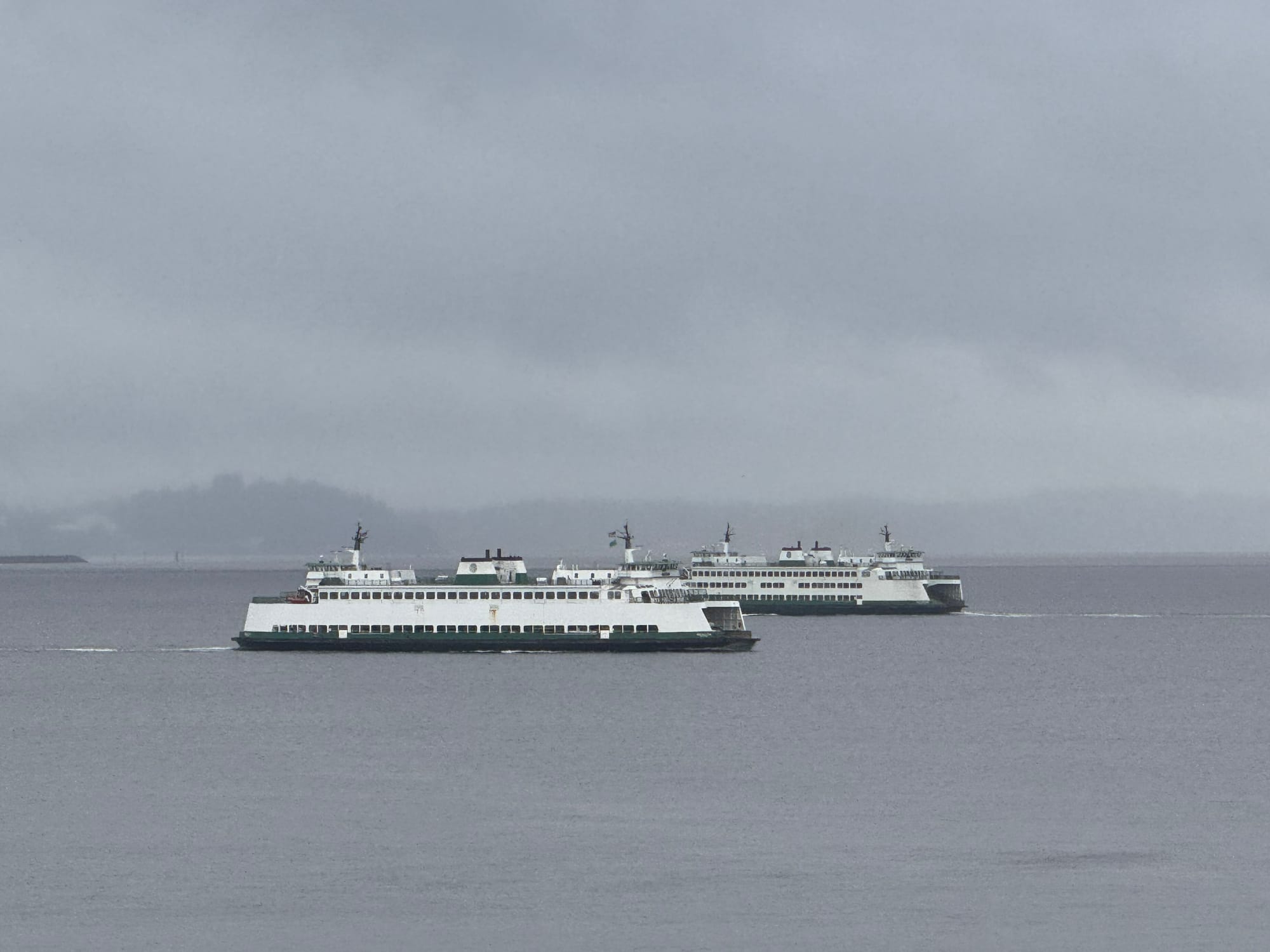
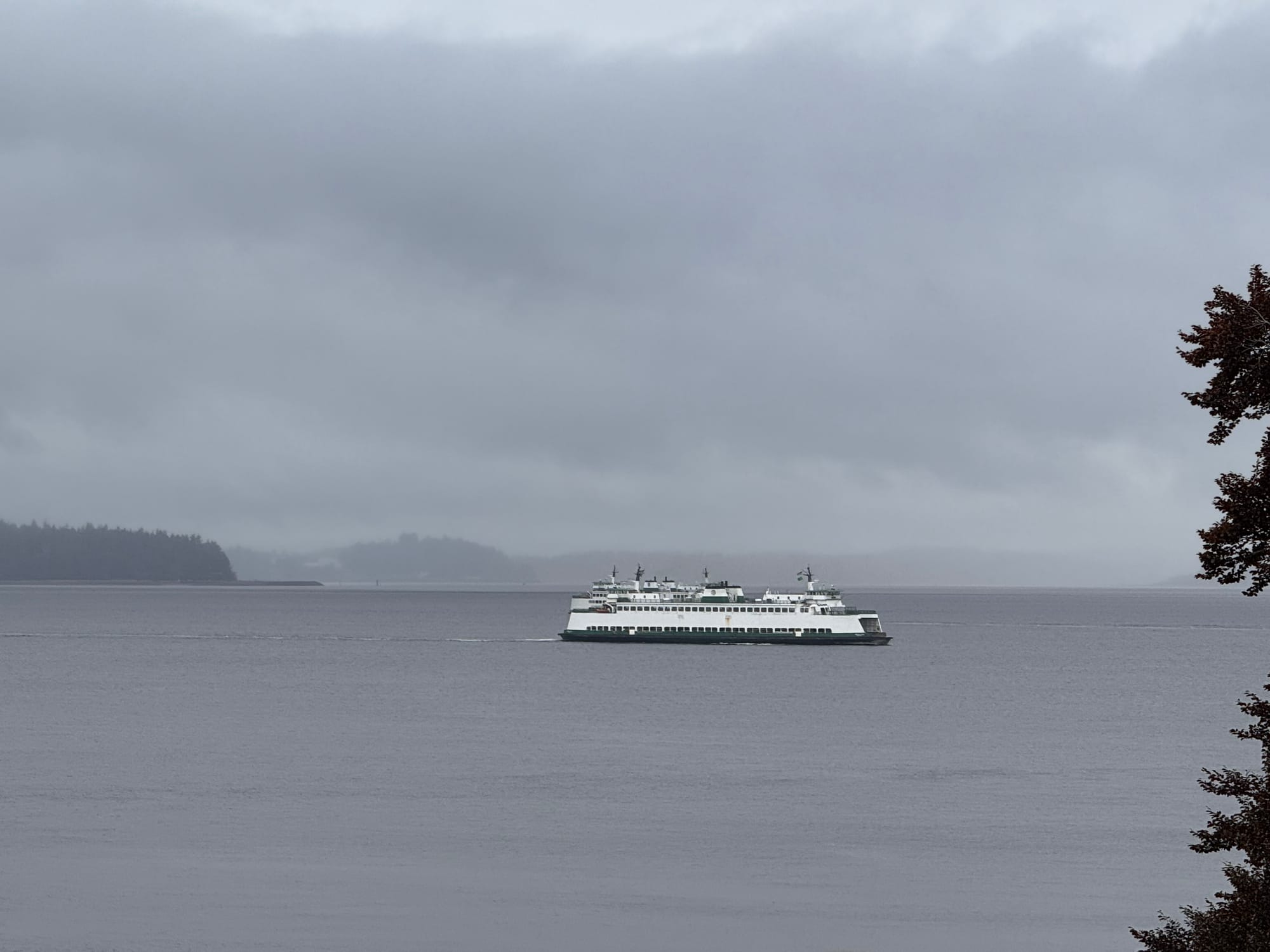

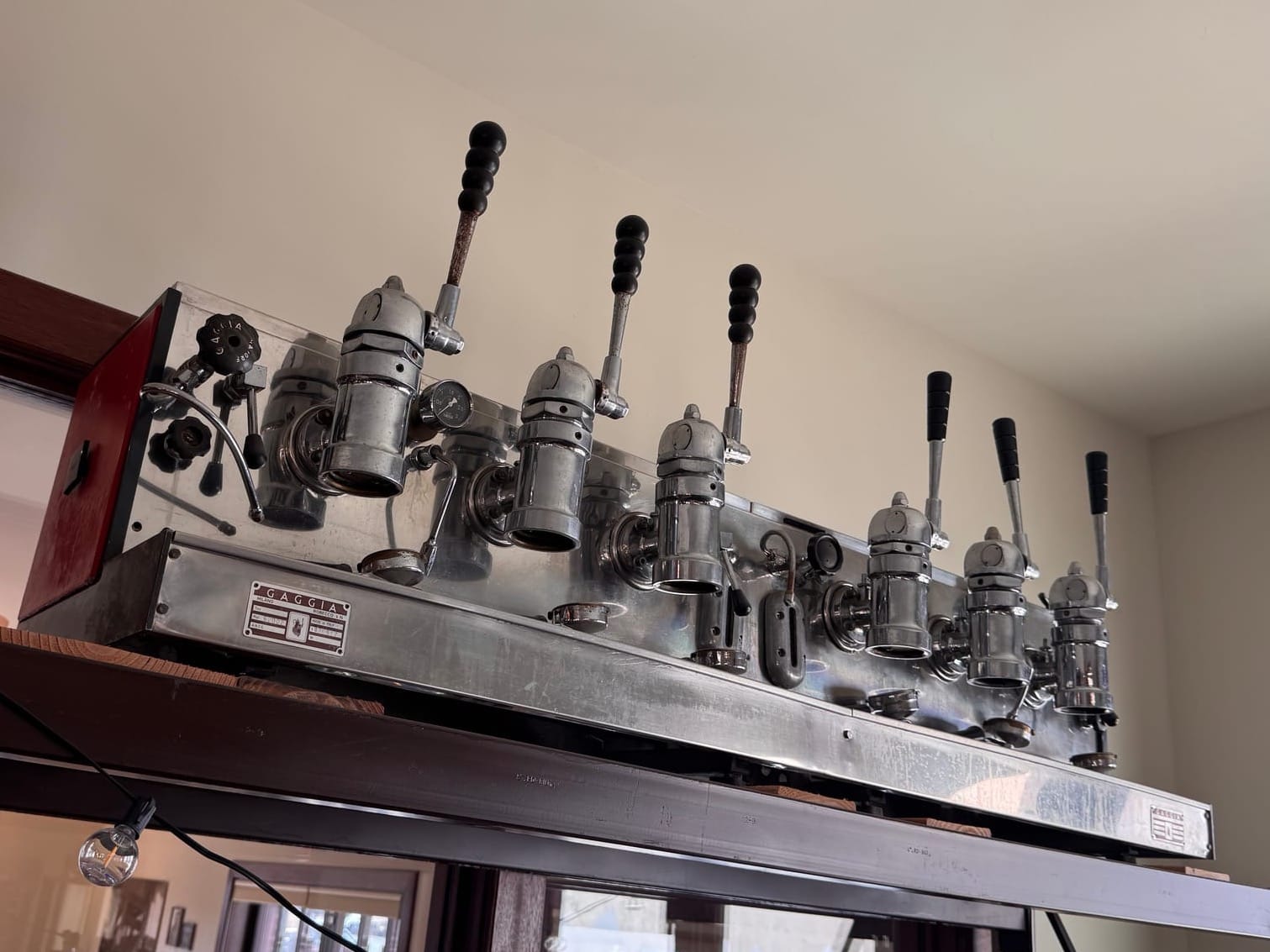
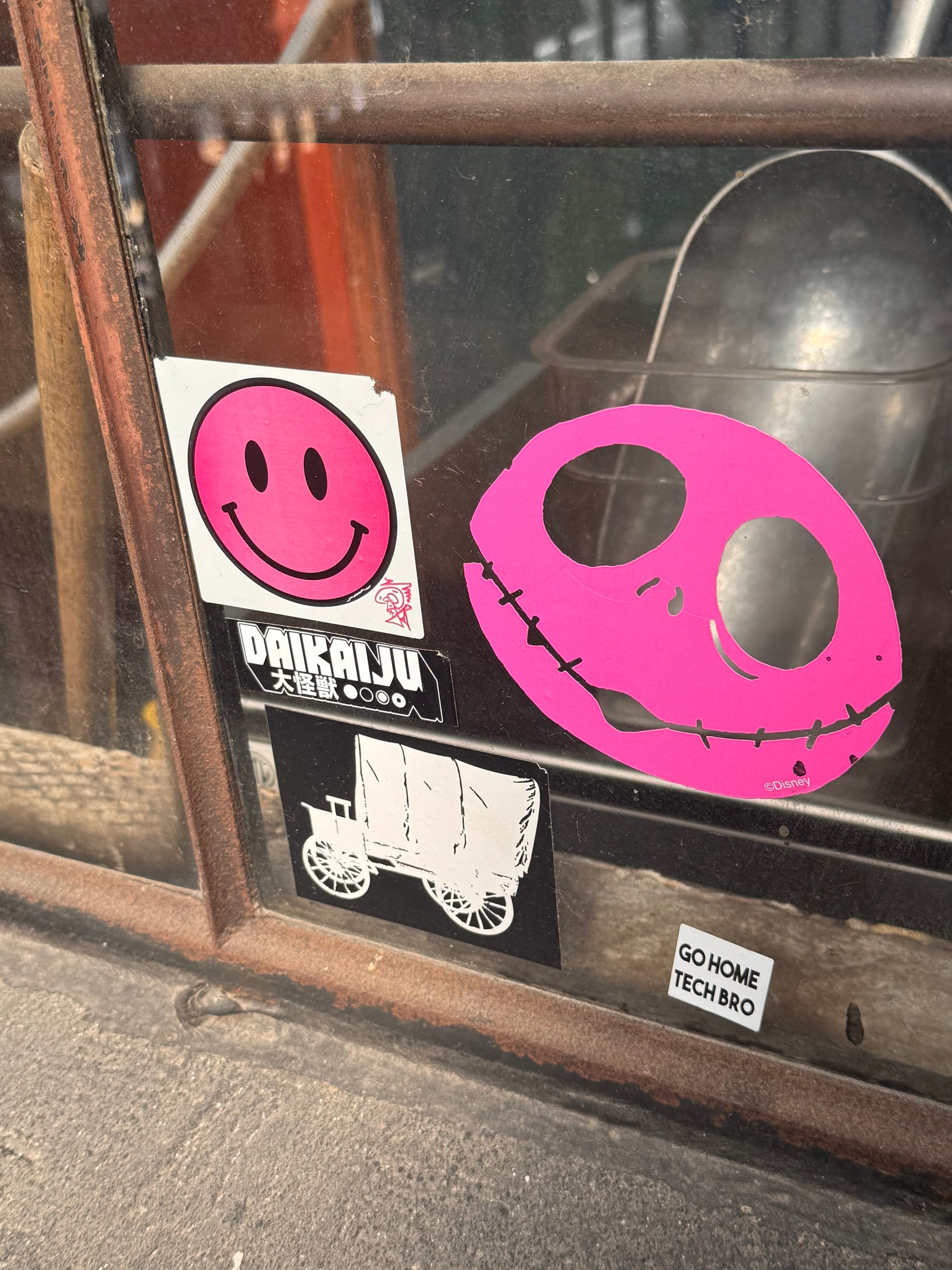
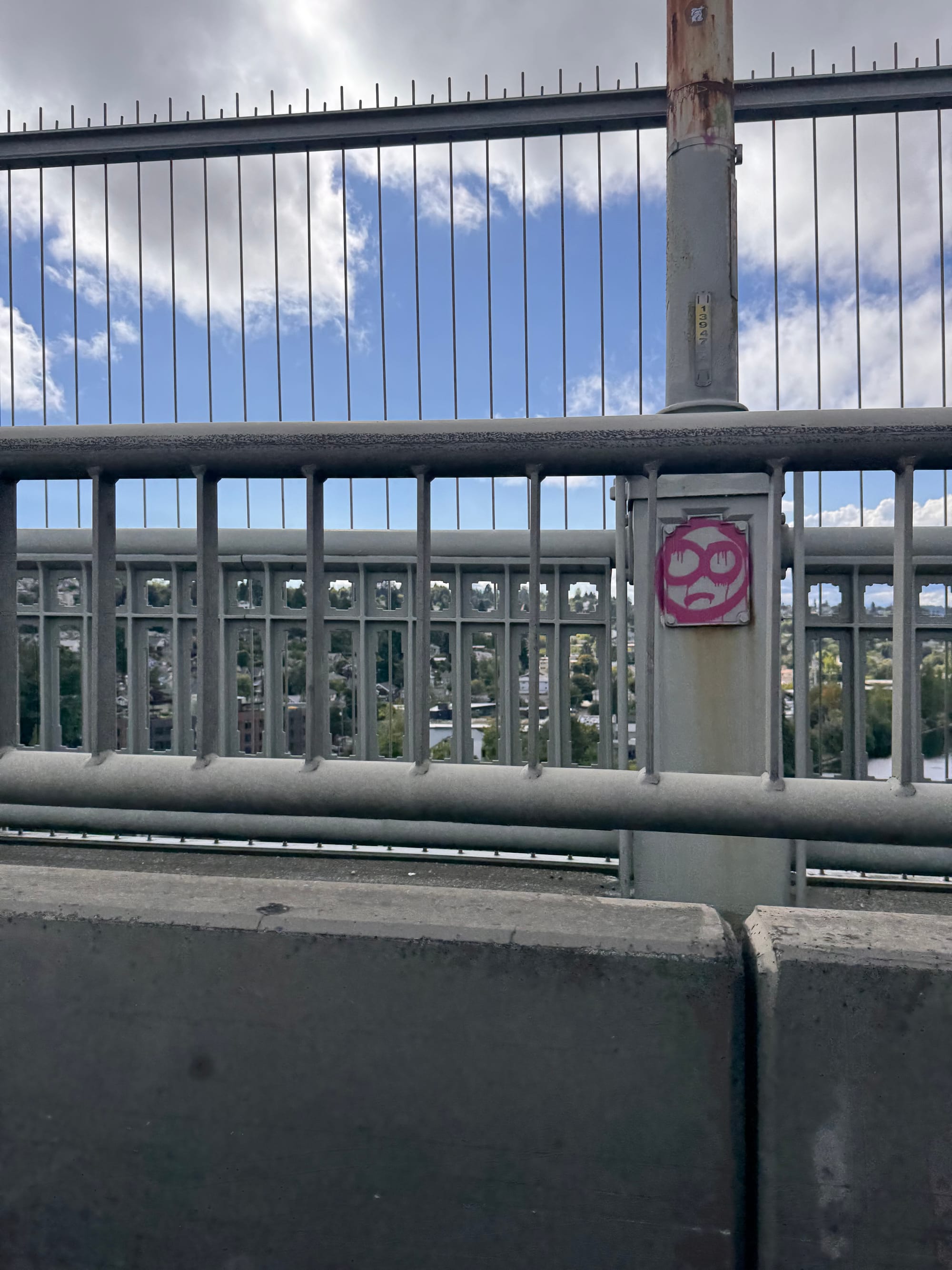
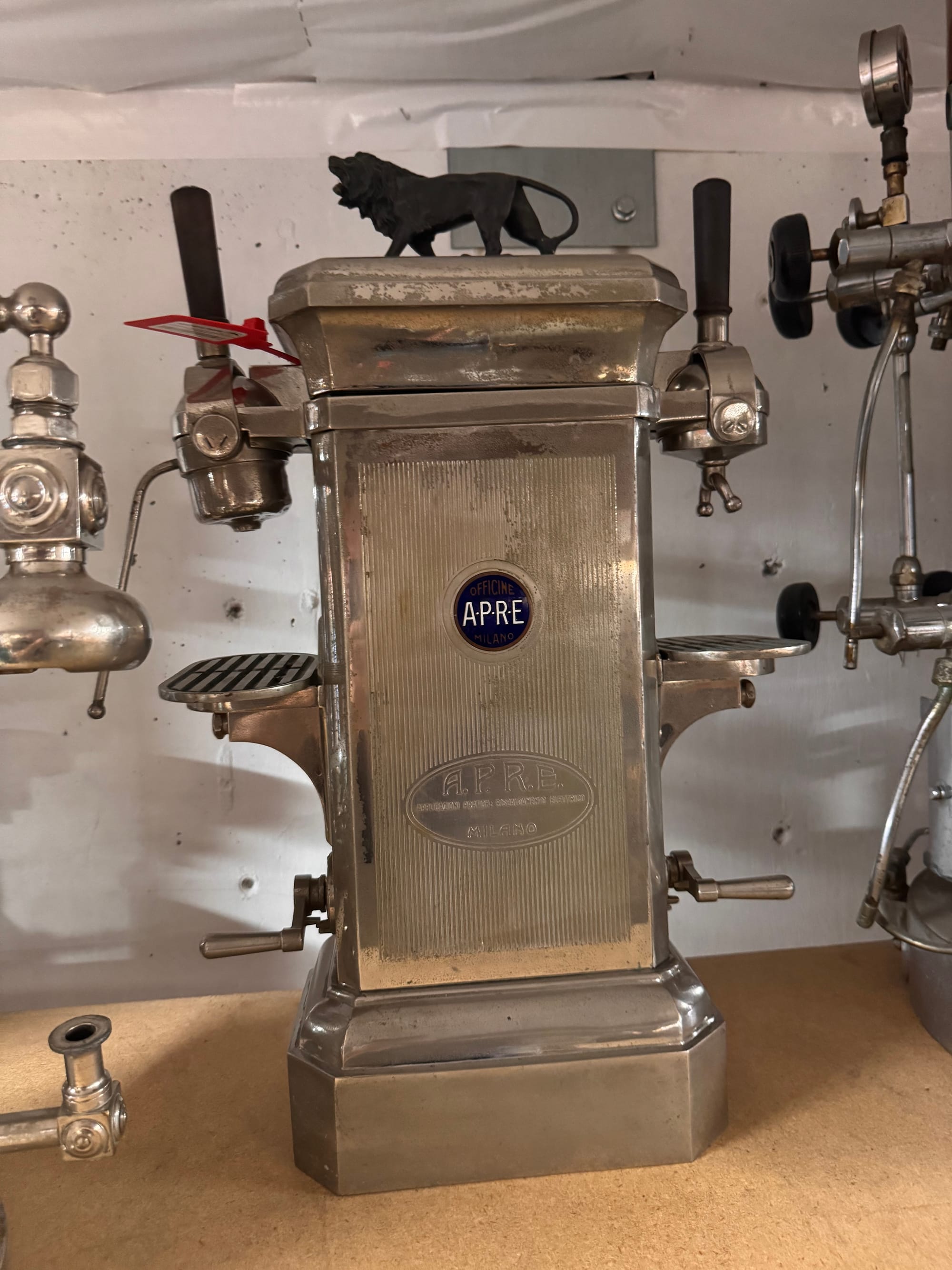
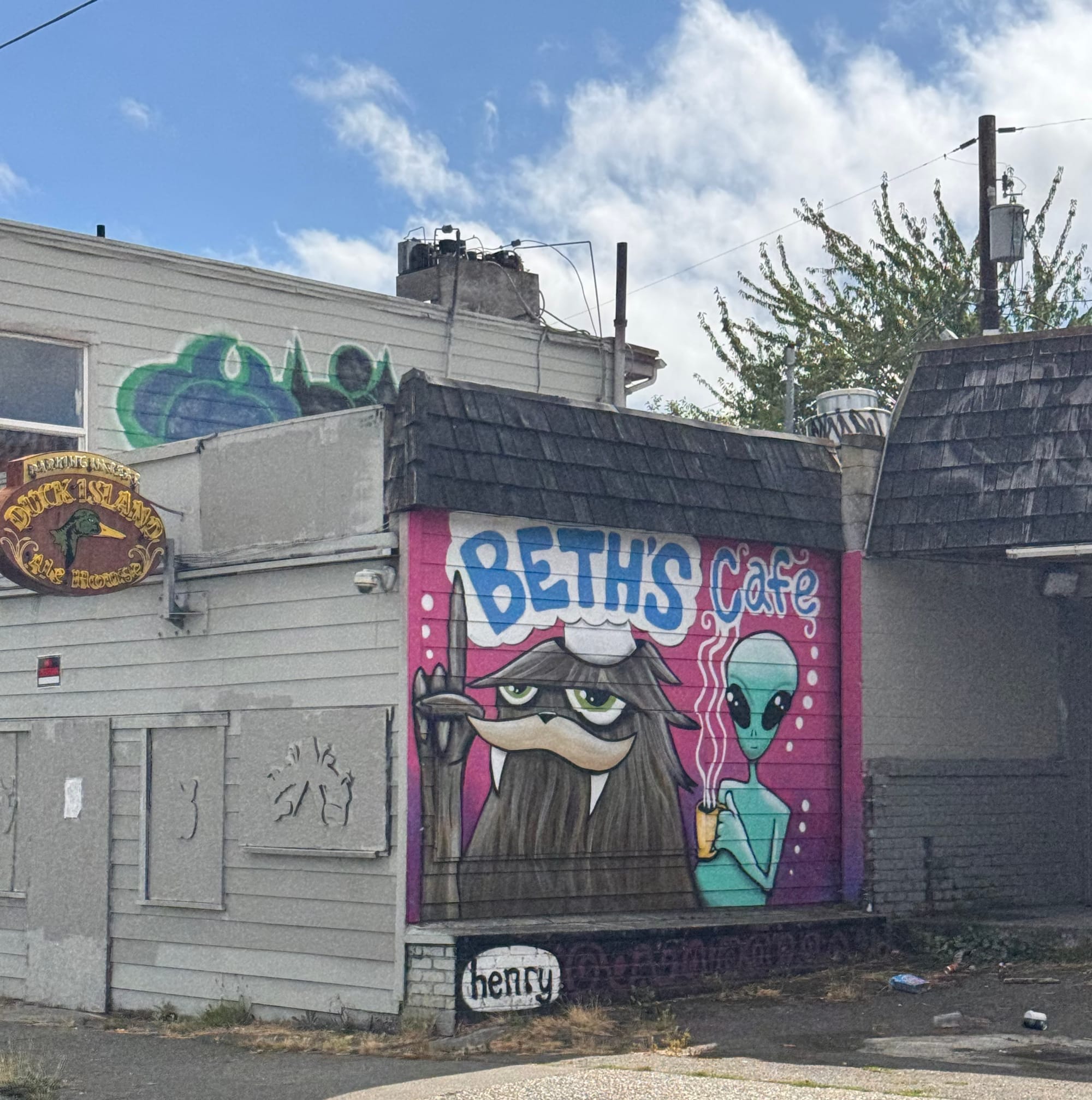

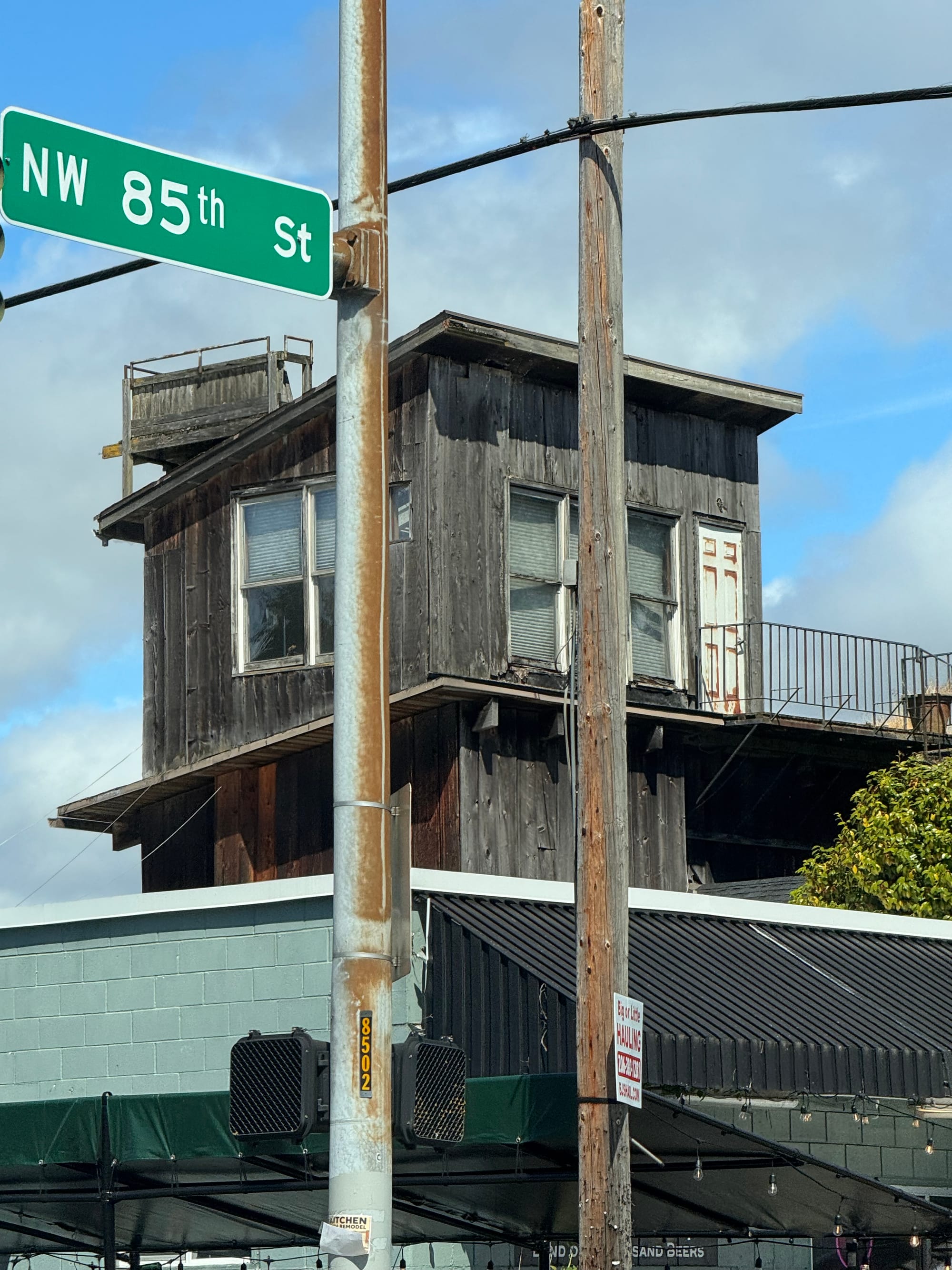
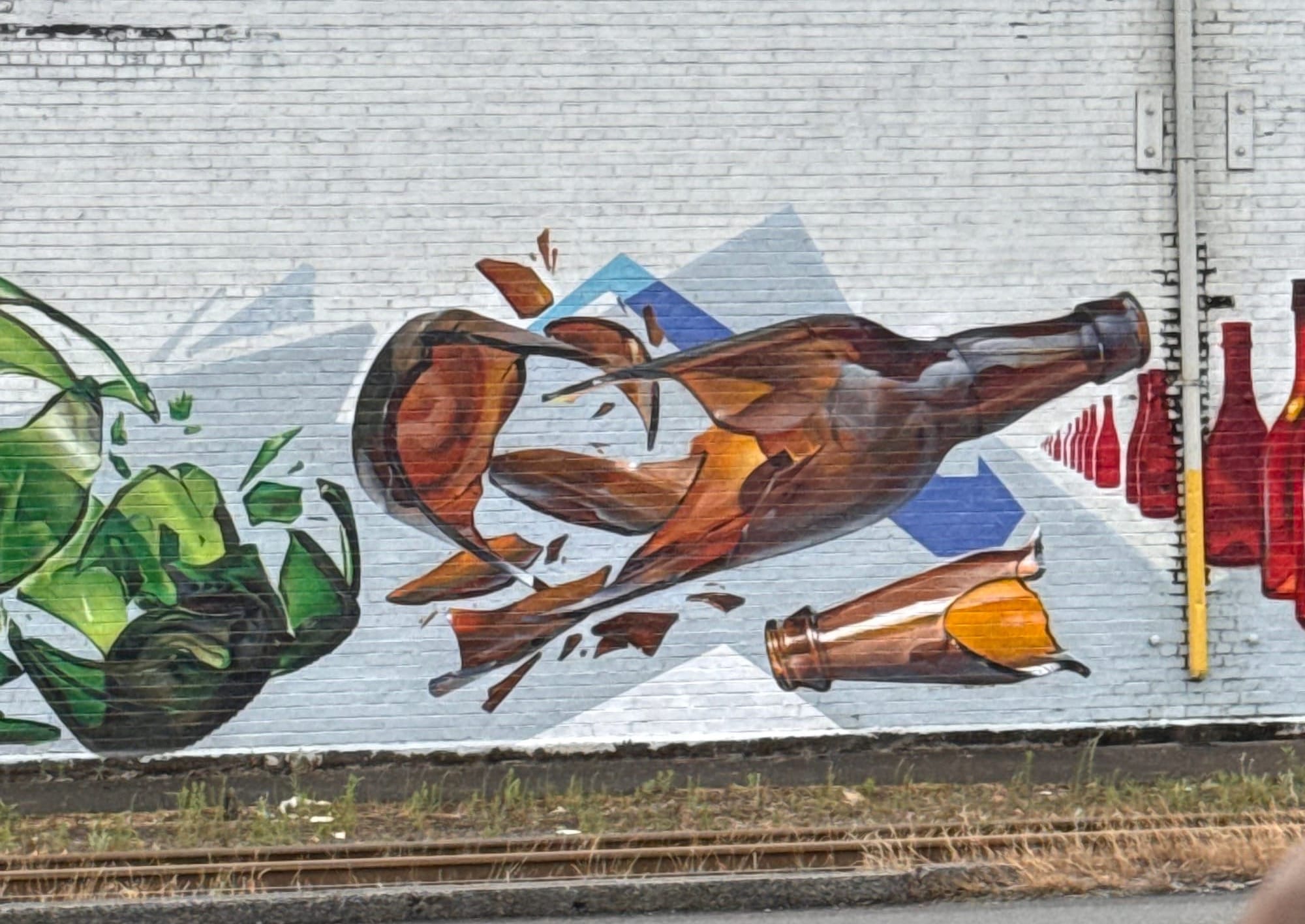
A beaver has to eat enough to build a dam.
A bird needs to eat enough
to have extra time
to build a nest.
If we don't consume more energy than we burn, we die. This is a reality for every creature on earth.
Your body is built on consumption. You literally are what you eat. And the extra calories we've been able to grow and store are what has allowed us to build huts and roads and airplanes.
Civilization is a caloric surplus, built up over centuries, with time stolen from finding shit to eat.
That's how we got writers
and teachers
and metalsmiths
and engineers
and all the things that people do.
But we lost track of the metabolic equation. You must consume more calories than you burn. Our abundance made us foolish, and fossil fuels made us insensate.
We've lost touch with the basic realities of life on earth.
As the agricultural revolution unfolded
we traded our wandering, free-wheeling ways
for domestication by the founder species,
And as a result, we were able to build civilizations that span the globe.
But we'd do well to remember that even a massive silo of grain
can be depleted quickly
if you use it profligately.
And I think sometimes we misunderstand what our civilization actually is:
“Within a couple of millennia, humans in many parts of the world were doing little from dawn to dusk other than taking care of wheat plants. It wasn't easy. Wheat demanded a lot of them. Wheat didn't like rocks and pebbles, so Sapiens broke their backs clearing fields. Wheat didn't like sharing its space, water and nutrients with other plants, so men and women labored long days weeding under the scorching sun. . . .
The body of Homo sapiens had not evolved for such tasks. It was adapted to climbing apple trees and running after gazelles, not to clearing rocks and carrying water buckets. Human spines, knees, necks and arches paid the price. Studies of ancient skeletons indicate that the transition to agriculture brought about a plethora of ailments, such as slipped discs, arthritis and hernias.
Moreover, the new agricultural tasks demanded so much time that people were forced to settle permanently next to their wheat fields. This completely changed their way of life. We did not domesticate wheat. It domesticated us.”—Yuval Noah Harari, Sapiens: A Brief History of Humankind (2018)
We didn't domesticate wheat. It domesticated us. And that means our entire civilization, this enormous caloric surplus we've built up over the last 10,000 years is nothing more than mold growing on grout in an environment made by humans who all live in an environment made by wheat.
